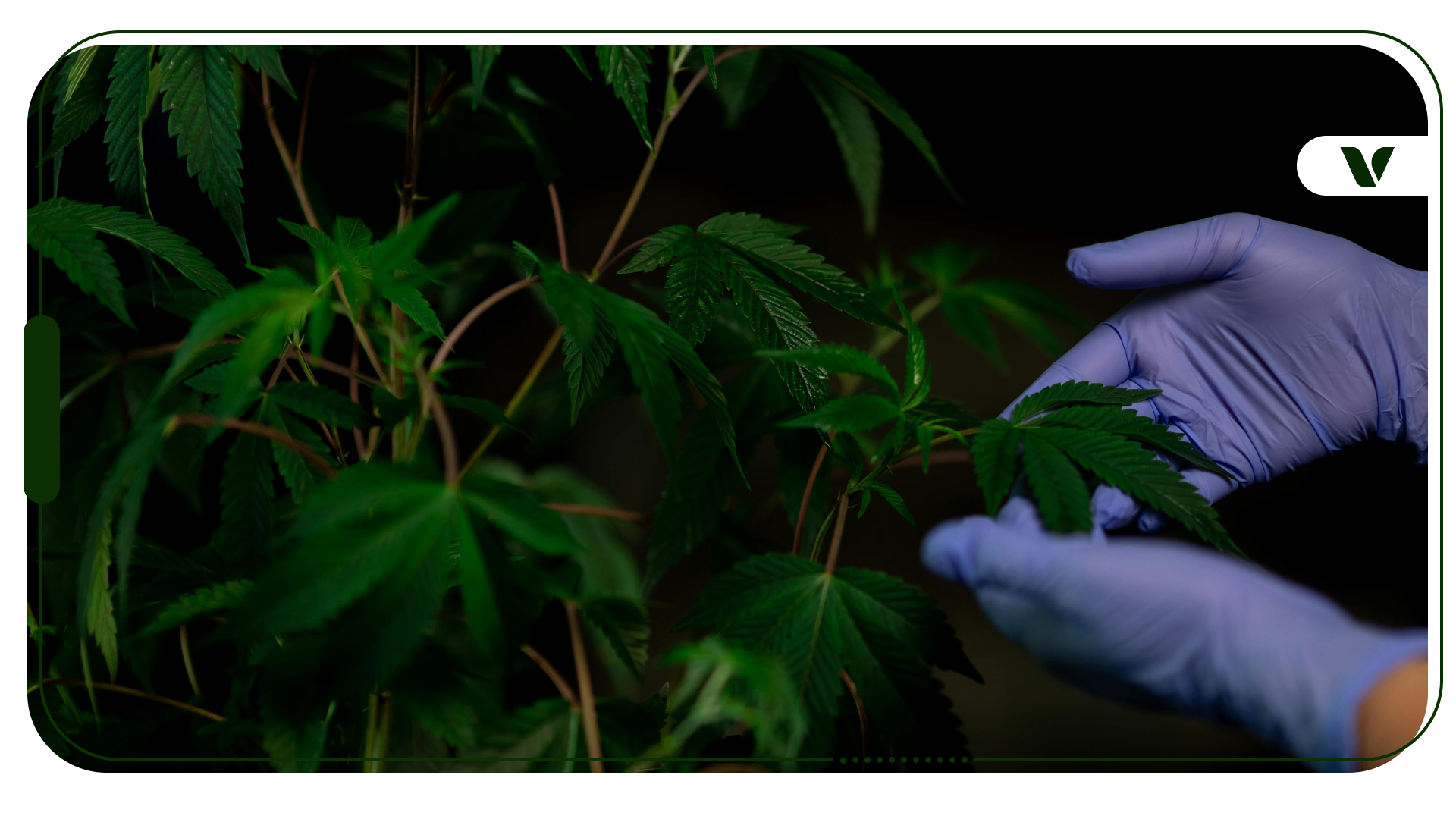“You matter because you are you, and you matter to the last moment of your life. We will do all we can, not only to help you die peacefully but also to (help you) live until you die.”
Dame Cicely Saunders, Founder of the Hospice Movement, quoted these words, and they couldn’t be more accurate. Unfortunately, many individuals within the care of hospice or palliative care settings are unable to die in peace or enjoy living their final days with friends and family. This is because the majority of terminally ill individuals are on a heavy dose of sedating pharmaceuticals to keep them comfortable and resting. Ones that commonly come with a plethora of side effects such as vomiting, diarrhea, difficulty breathing, and many others. While I haven’t personally been there, I think I can safely say that this isn’t the way that anyone would choose to spend their final days.
Thankfully, hospice and palliative care staff are starting to learn that there are other alternatives to these medications. Ones that are natural. Ones that allow patients to be in the moment for their final days surrounded by friends and family while still being comfortable and relaxed. This alternative is cannabis, and it is time that it is embraced as much in death as it is for the living.
How Cannabis Can Help With End Of Life Care
Mental Well Being
Aside from the pain, stomach issues, and decreased cognitive function that we will discuss further below, one of the hardest ailments that patients in palliative care settings face is with their own mental and spiritual wellbeing. Living knowing that one day, your card will be pulled is one thing, but knowing for sure that day is only a short time away takes a detrimental toll on one’s overall mental health and outlook. Cannabis offers a mild euphoria, which has shown to be very successful in easing a patient’s mind and spirit when having to come to terms with their prognosis.
Pain Management
One of the primary goals in most hospice settings is to minimalize pain. This is where many of the heavy-hitting pharmaceuticals come in to play, such as morphine. While these drugs have proven to offer pain relief, they leave the patient in a drugged up state facing side effects such as nausea, vomiting, and severe constipation. There are significant studies as well as anecdotal claims that support cannabis as a pain reliever, and by utilizing it to help reduce pain levels in palliative care settings, patients can find relief while still being coherent. Not to mention, cannabis doesn’t come with the same side effects as pharmaceuticals!
Why You Should Get Your Medical Marijuana Card
Veriheal has satisfied millions of patients nationwide by giving them access to these benefits
- Larger purchase limits
- Peace of mind
- Enhanced legal protection
- Access to higher potency strains
- Save up to 25% on cannabis purchases
- Skip the line at the dispensary
GI Issues
Gastrointestinal issues such as vomiting, nausea, constipation, and diarrhea are all prevalent symptoms for terminally ill patients. Thankfully, cannabis can help prevent and reduce the severity of them all. It can also help to stimulate appetite, something that is very difficult to do for most patients.
Sensory Enhancement
Cannabis leads to heightened sensory perceptions. It makes things taste and smell better. It makes the world appear brighter, and music sounds better than ever before. This increased perception effect of cannabis can help patients to be able to enjoy the simplest little things up to their last moment. This is something that many advocates and medical professionals believe can help substantially in patients finding a sense of peace in their final days.
Why Isn’t Cannabis Being Used in Palliative Care Where Legal Access is Available?
Unfortunately, it comes down to a lack of education among the medical professional community.
“Traditionally, medical and nursing schools are cautious about stepping into controversial and politically-related topics. Research has shown that fewer than 1 in 10 medical schools include cannabis in their curricula as of 2017. As an example, many do not even realize science now says we have 12 body systems – including the Endocannabinoid System (ECS). Additionally, there are evidence-based studies about the potential benefits and harms of medicinal cannabis, yet the established medical education system is simply not getting this information out to health care professionals. Basically, it’s just left up to the medical professional to navigate through facts and fiction and figure it out for themselves.” ~ Cathleen S. Graham Certified Hospice and Palliative Care Registered Nurse, Regional Weekend Service Operations Manager for Michigan Hospice
Hopefully, as more states allow access and more awareness is brought to this subject, the medical community will stand up and advocate for cannabis not only for higher quality in life but also in death.
Author, Share & Comments









